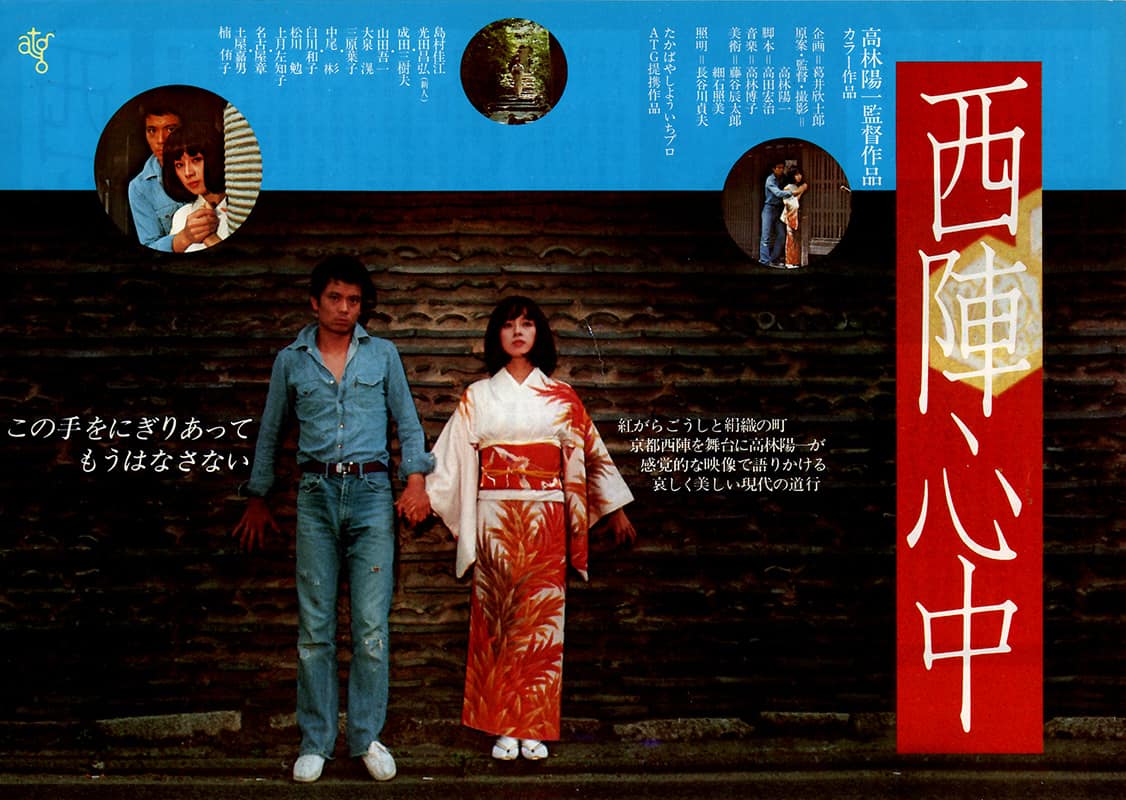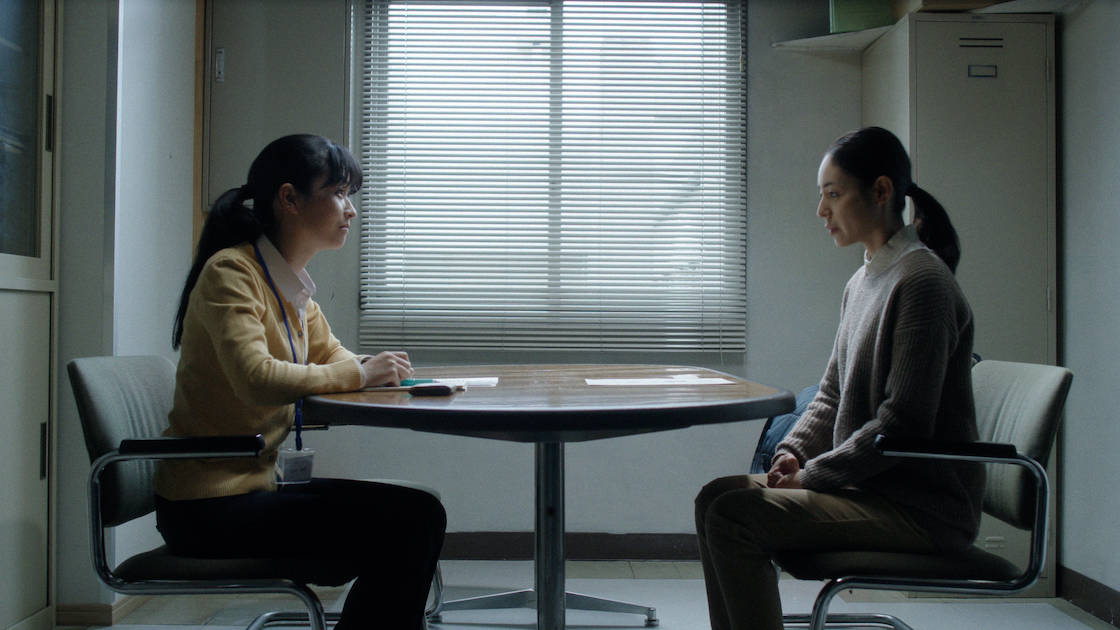Exploring the hardships and the ability of people to overcome them, “Diaspora: Arirang Road” explores the rich history of the song as a binding agent towards displaced Korean citizens. In addition, the documentary showcases the way the sound has evolved over the decades in, both familiar and new interpretations.
Diaspora: Arirang Road screened at Asian Pop-Up Cinema

“Diaspora: Arirang Road” offers a deep insight into the power of music, the way it can define struggles as well as celebrate a person’s ability to overcome adversity. It is in the exploration of the song ‘Arirang Road’ that the documentary builds the most intrigue, offering a deep exploration of its meaning for the Korean people displaced during Japanese occupation. Given the origin, the emotional response to the song becomes apparent through interviews with people who see it as the one thing true to their heritage. As a result, the song is the only thing that many of the people could take with them, as they were forced to put behind community and possessions.
Additionally, the documentary explores the way the song has evolved and re-imagined in the later generations who witnessed their family struggles. Framing “Arirang” in such a matter shows not just the re-imagining of a classic, but the modernization of representing ongoing struggles in establishing a cultural identity. Overall, the exploration of the song and what it represents is impeccably approached, offering a comprehensive and personal inspection of a history related through its passing down.
Unfortunately, the exploration can feel a bit overpowering to the overall cinematic experience. This comes from the multiple renditions shared by the film’s subjects, which sees the number taking up (what feels like) half of the runtime of the production. Consequently, for those unfamiliar with the song, and unlikely to be drawn in by its significance, the documentary proceeds at a snails pace. However, the core content transcends any issues of pace, it just requires a degree of patience from the viewer.
Helping with the slower pace, the production does boast strong visuals as the song travels over multiple landscapes and different cultures to fully encapsulate its profound effect. Additionally, the shots of Korean-Japanese composer/pianist Yang Bang Ean, performing in some idyllic locations, captures a certain harmony that has come to define the beauty of the song in the hearts of those that hold it dear.
“Diaspora: Arirang Road” can be cumbersome to approach, with its indulgence in exploring “Arirang” in multiple variations, teetering between charming and annoyance. Looking at the deeper narrative of the production, and the way the song frames the past struggles of the Koreans’ who were forced to evacuate to unfamiliar lands, it is hard to picture a better love letter to the durability of those displaced.














